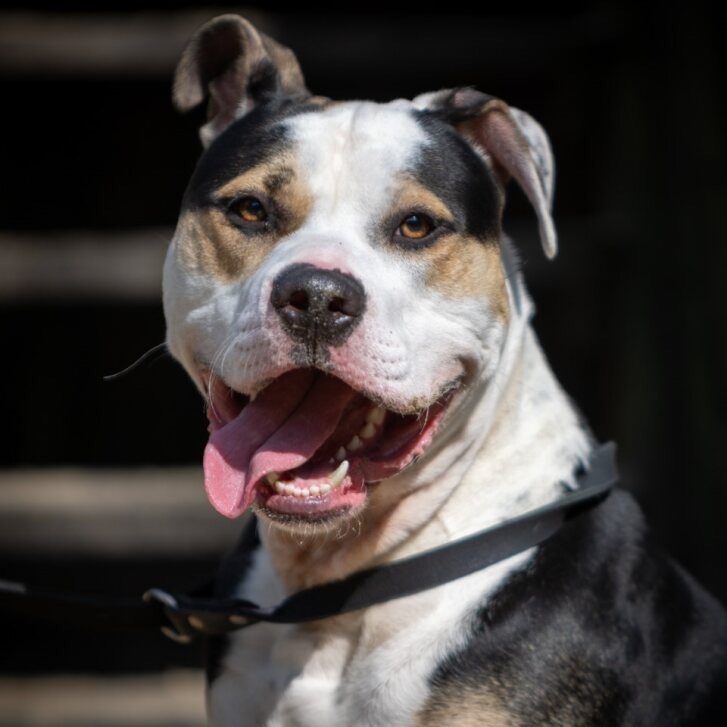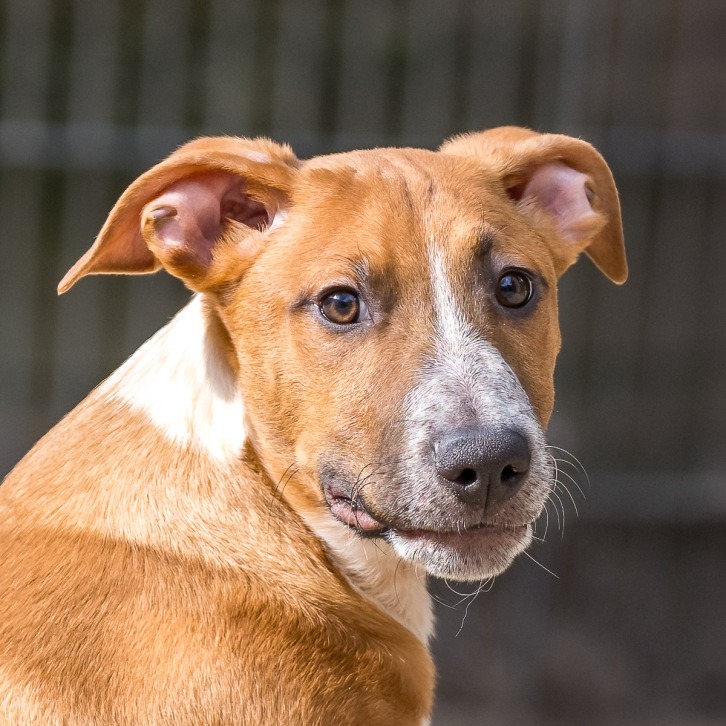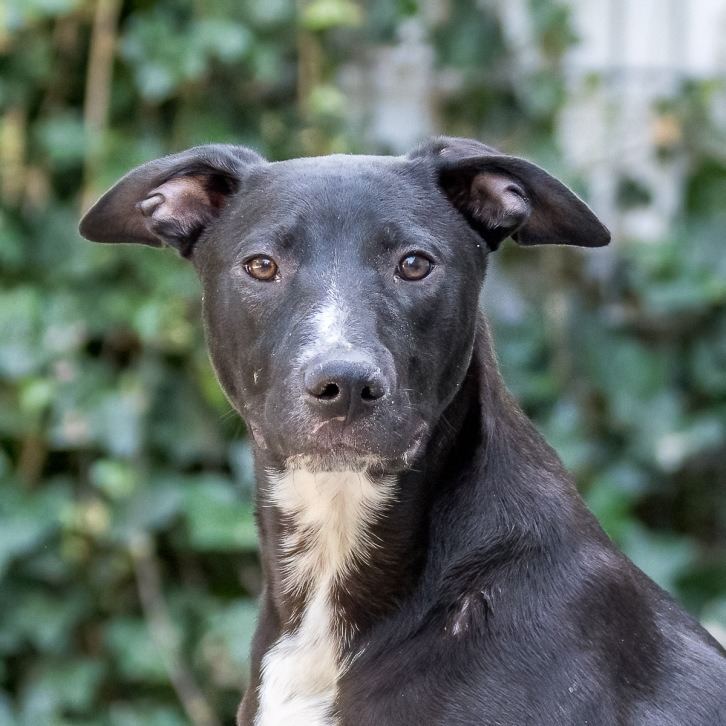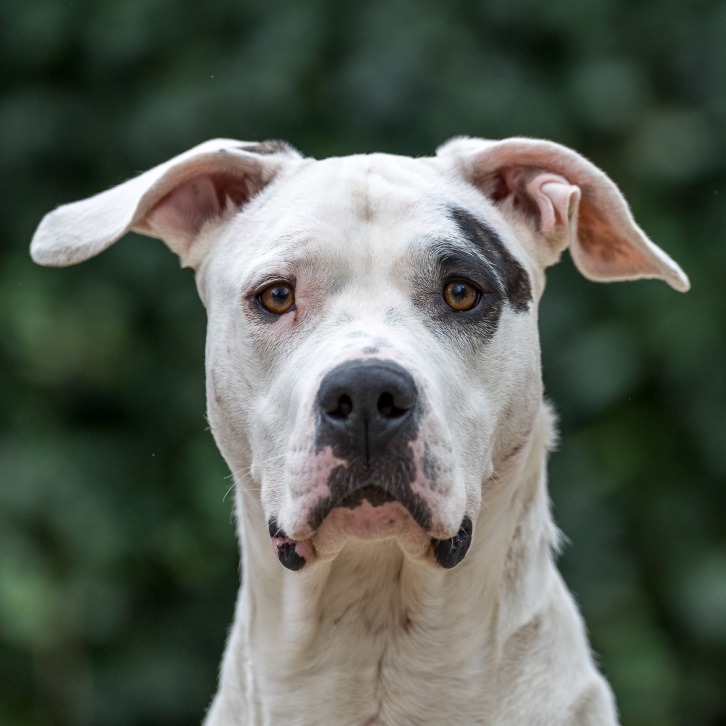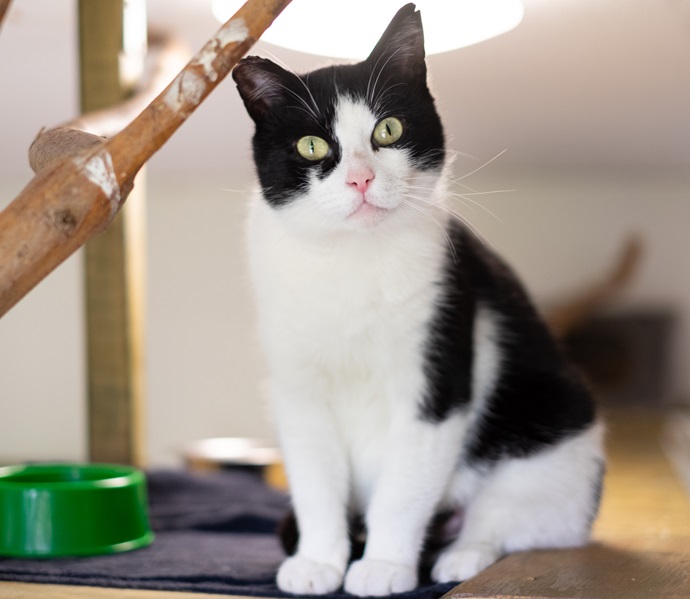Welkom bij DOA!
Wij zijn het grootste asiel van Nederland. Dieren die nergens anders terecht kunnen, krijgen bij ons een tweede kans.
Zo krijg je het allerleukste huisgenootje
Goede socialisatie van je kitten, pup of babykonijn is essentieel. Maar wat is socialisatie eigenlijk?
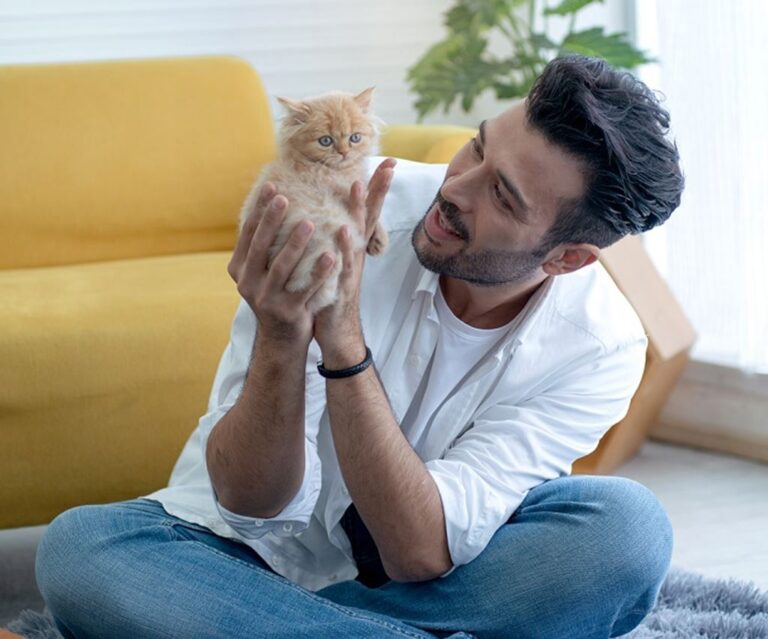
Wat heeft een nieuw huisdier de eerste periode nodig?
We helpen je op weg met zes belangrijke dingen die je de eerste periode niet mag vergeten.
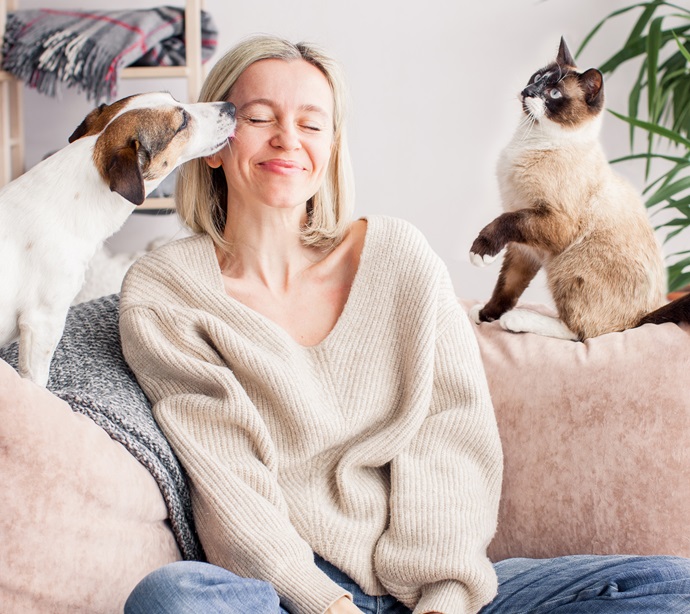
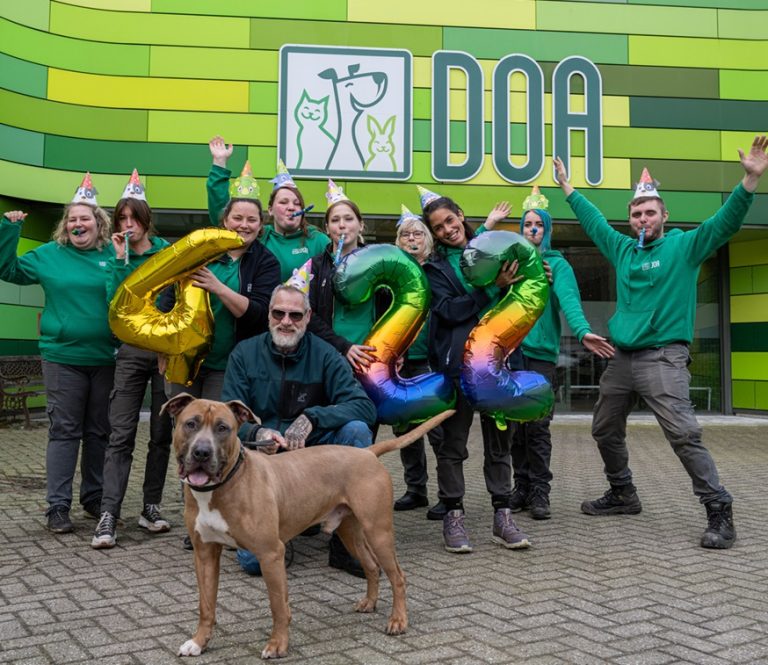
Vorige
Volgende
Dieren klaar voor adoptie
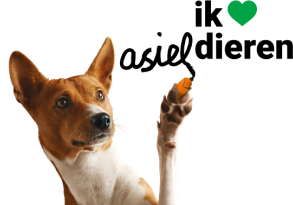
Blijf op de hoogte
Wil je ongeveer 1x per maand de mooiste dierenverhalen ontvangen in je inbox? Meld je aan voor onze nieuwsbrief! Afmelden kan op ieder moment.
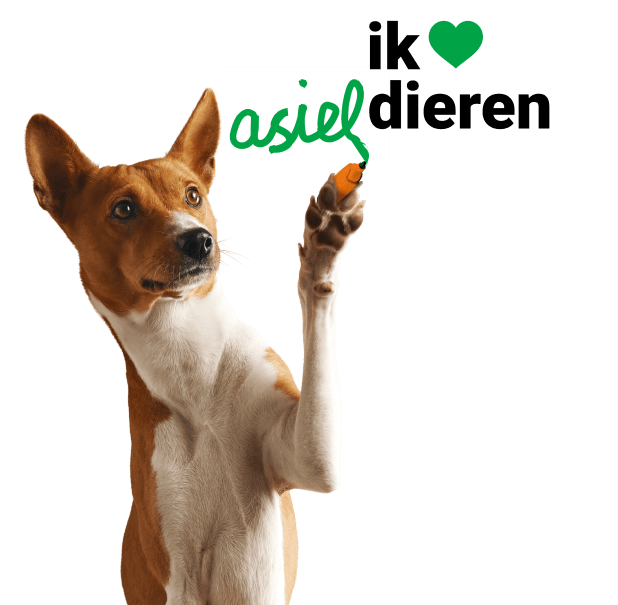
Verwaarloosd, gedumpt of ziek: bij DOA komt een tweede kans altijd op de eerste plaats
DOA in vogelvlucht
- Wij zijn het grootste en een-na-oudste asiel van Nederland
- Wij helpen per jaar zo’n 2000 dieren
- Alle dienstverlening onder één dak, incl. dierenartsenpraktijk
- Veel getrainde professionals
- Klein zelfstandig goed doel en afhankelijk van giften
0
Enthousiaste medewerkers, vrijwilligers en stagiairs
0
katten opgevangen per jaar
0
honden opgevangen per jaar
0
+
konijnen opgevangen per jaar

Nieuws

Nieuws
Wat heeft een nieuw huisdier de eerste periode nodig?
We helpen je op weg met zes belangrijke dingen die je de eerste periode niet mag vergeten.

